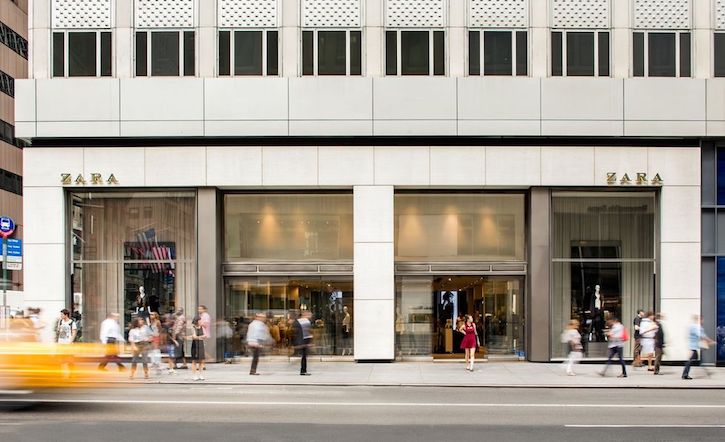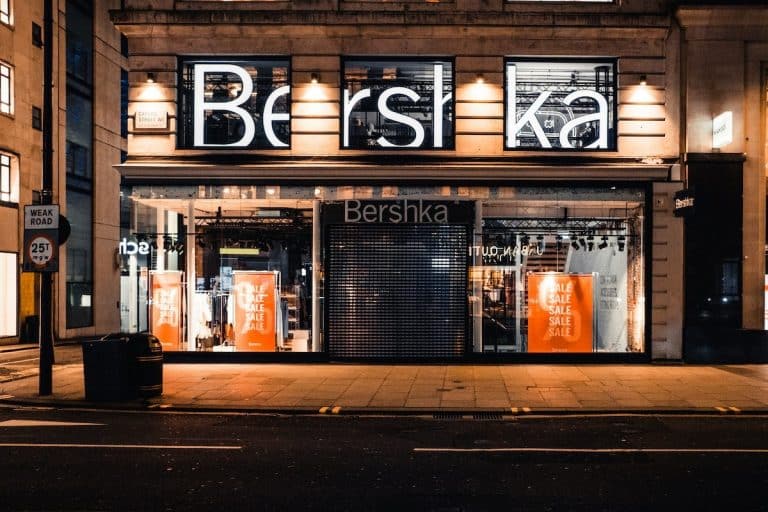
Pablo Isla, CEO of Inditex, the company which owns fashion brand Zara, spoke about the critical components of retail today.
The president of the Inditex Group, Pablo Isla, outlined his “four pillars of the retail industry” in the era of transformation, caused by technological changes. The author’s column was published in The Wall Street Journal.

The first component is the people and talents that retailers need to maintain productivity and creativity. This includes a commitment to gender equality, diversity, and inclusion. The second is satisfying the consumer demand for the “latest fashion trends with the best quality,” which requires a “manufacturing process that also embeds the best social and environmental sustainability practices into the supply chain.”
The third component, as Palo Isla writes in his author’s review, is technologies that support the ability of customers to navigate between platforms easily. And the fourth, according to CEO Inditex, is sustainability, which requires a long-term vision.
Considering that the Spanish retailer Inditex, which owns the famous clothing brands Zara, Bershka, and Massimo Dutti, still maintains a leading position in the world of retailers, the stated “pillars” of Isla will not go unnoticed by retailers, the Wall Street Journal states.
Spanish clothing retailer Inditex recorded a net profit growth for nine months of 2017 by 6.2% y / y due to a 10% increase in sales in the reporting period. Thus, for the nine months (from February to October), the company’s net profit rose from 2.21 billion euros in the same period last year to 2.34 billion euros (2.75 billion dollars).

The company's profit rose 54% to $1.2 million, beating analysts' expectations of $980 million.

Inditex Group's revenue for the past year added 18% to €32.6 billion, up 15% from 2019 before the pandemic.

Bershka's inaugural brick-and-mortar store in India is slated to open in Mumbai this November.

Central Pattana unveils The Central, a new US$575m mall in Bangkok’s fast-growing northern district with a planned opening in late…

Singles’ Day 2025 breaks new global records with $150B+ in sales. Discover the top categories, data insights, and retail trends…

MixC Shenzhen Bay opens in Shenzhen’s Nanshan district, blending luxury retail, art, and lifestyle into one destination, redefining the Asian…